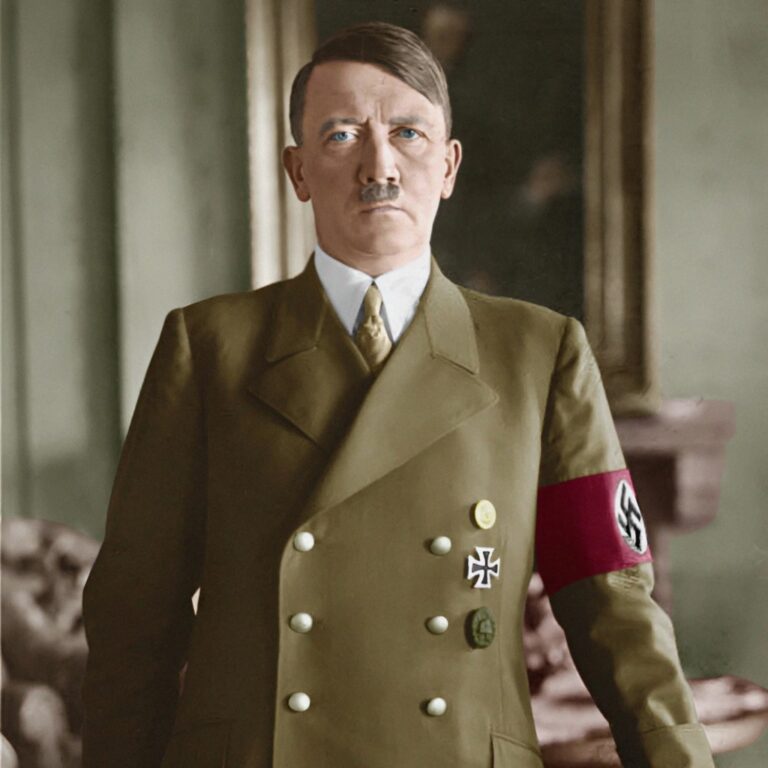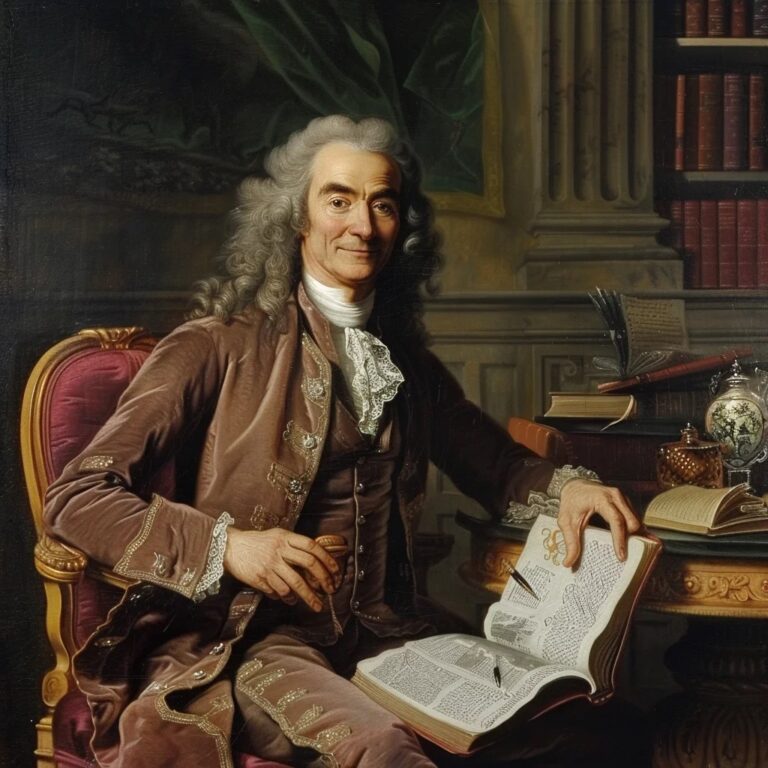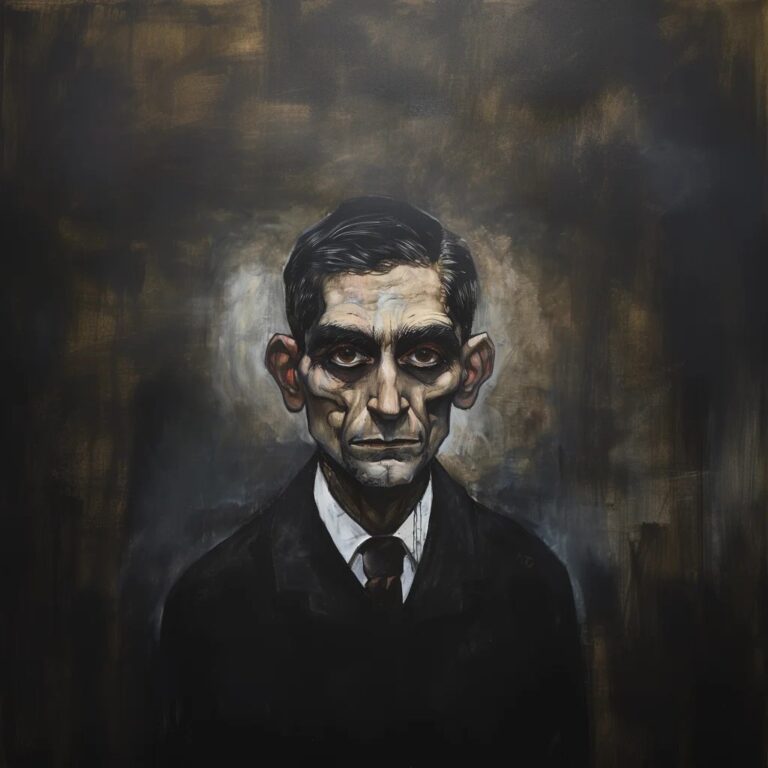Adolf Hitler was born on April 20, 1889, in Braunau am Inn, Austria-Hungary (now Austria).
He moved to Germany in 1913 and served as a soldier during World War I, where he was wounded twice.
Hitler's book 'Mein Kampf,' written during his imprisonment for a failed coup in 1923, outlines his ideology and future plans for Germany.
He became Chancellor of Germany on January 30, 1933, and soon after established a totalitarian regime.
Hitler initiated World War II by invading Poland on September 1, 1939.
He was known for his oratory skills, using speeches to mobilize mass support and promote Nazi ideology.
Hitler's regime is responsible for the Holocaust, the genocide of six million Jews, along with millions of others, including Romani people, disabled individuals, political dissidents, and more.
He promoted the idea of an Aryan master race and sought to expand German territory, leading to the concept of Lebensraum ('living space').
Hitler had a keen interest in art and architecture and aspired to be an artist before turning to politics.
He was a vegetarian and had a deep fear of illness, often consulting multiple doctors.
Hitler survived numerous assassination attempts, the most famous being the July 20, 1944, plot by German military officers.
He was known for his strict routines and erratic behavior, often working late into the night and sleeping during the day.
Hitler's leadership style was characterized by his centralization of power and the use of propaganda to control public perception.
He married his longtime companion, Eva Braun, in a bunker in Berlin on April 29, 1945, shortly before their joint suicide on April 30, 1945.
Adolf Hitler's legacy is one of devastation and atrocity, with his actions leaving a lasting impact on world history and human rights discourse.


